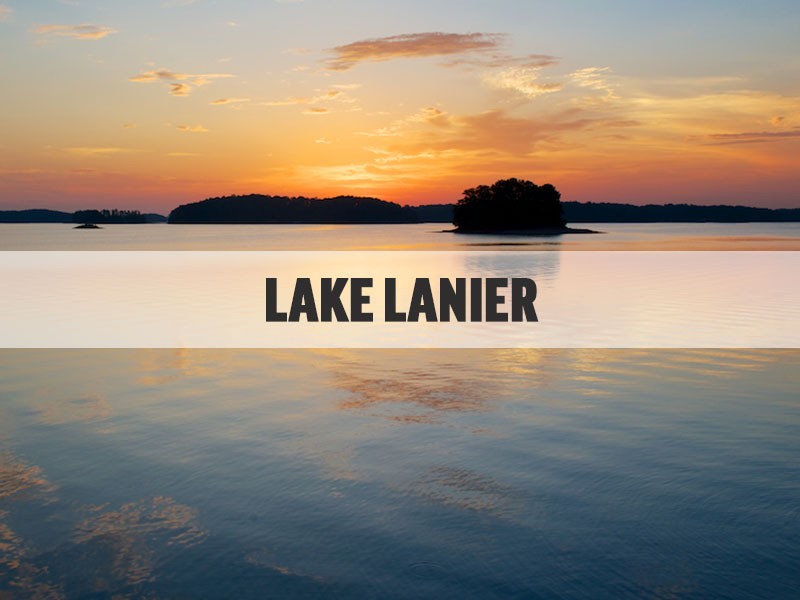The parties involved in the month-long trial involving the water dispute between Georgia and Florida have filed their post-trial arguments.
The proceedings, which were held in Portland, Maine, by Special Master Ralph Lancaster, ended Dec. 1. Lancaster is expected to issue a ruling to the U.S. Supreme Court, which will have the final say, in the coming months. Meanwhile, he continues to implore the parties to reach an agreement on their own.
At issue is water in Lake Lanier and elsewhere in the Appalachicola-Chattahoochee-Flint river basin, and Florida's contention that its water needs are being hurt by Georgia.
In its conclusion, Georgia disputes this, as it has all along, declaring "Florida's request for an equitable apportionment must be denied." Florida, on the other hand, says it is entitled to the type of "consumption cap remedy" both the U.S. Fish and Wildlife Service and Environmental Protection Administration recommended in the 1990s.
The third party involved in the trial, the U.S. Government, also has filed its post-trial briefs and says it "takes no position on whether Florida has proved that a consumption cap would produce enough additional basin inflow at the right times to redress Florida’s alleged harm and justify the cost of imposing a consumption cap in this case."
FULL TEXT OF GEORGIA'S CONCLUSION
The evidence shows that Florida cannot obtain adequate relief without a change to the Corps’ reservoir operations in the ACF Basin because the Corps controls state-line flows into Florida. Without the United States as a party, this action must be dismissed. Florida also failed to prove its case on the merits. The evidence plainly shows that Florida does not have clear and convincing evidence that (1) it is suffering real and substantial ecological injury caused by Georgia’s water use; (2) Georgia’s water use is inequitable; or (3) its injuries would be redressed by a remedy that is realistically attainable or that is justified in light of the substantial costs it would impose on Georgia. Accordingly, Florida’s request for an equitable apportionment must be denied.
FULL TEXT OF FLORIDA'S CONSLUSION
After 20 years, Florida is entitled to the type of consumption cap remedy both USFWS and EPA recommended in the 1990s. The remedy can be administered by an independent party, using principles of adaptive management. None of the nightmare scenarios Georgia predicts is 87 necessary to implement this remedy. Instead, the Court can and should apportion the waters of the ACF Basin in a way that is equitable for both States.
FULL TEXT OF U.S. GOVERNMENT'S CONCLUSION
In our amicus brief at the motion to dismiss stage, we said that “[i]t is at least plausible that a cap on Georgia’s consumption, particularly with respect to the Flint River, which is unregulated by the Corps, would increase the basin inflows and thereby increase the amount of water flowing into Florida” when the Corps is operating to match basin inflows. We also noted that it “is also plausible that an increased flow during wet times would provide a cushion during low-flow periods, so that it would be possible to maintain a flow rate of greater than 5,000 cfs for a 19 longer period of time without any alteration of the Corps’ operations.” As we have explained, it remains plausible that those things are true. In our judgment, reductions in consumption on the Flint River would not be likely to adversely affect the Corps’ operations, and could—depending on the amount—have beneficial impacts on the system by making more water available for various purposes during times of low flow. The United States takes no position on whether Florida has proved that a consumption cap would produce enough additional basin inflow at the right times to redress Florida’s alleged harm and justify the cost of imposing a consumption cap in this case.
Click here to read more about the case, including the full post-trial briefs filed by all three parties.










